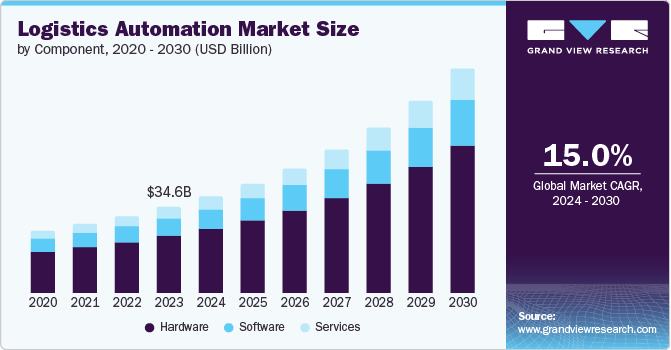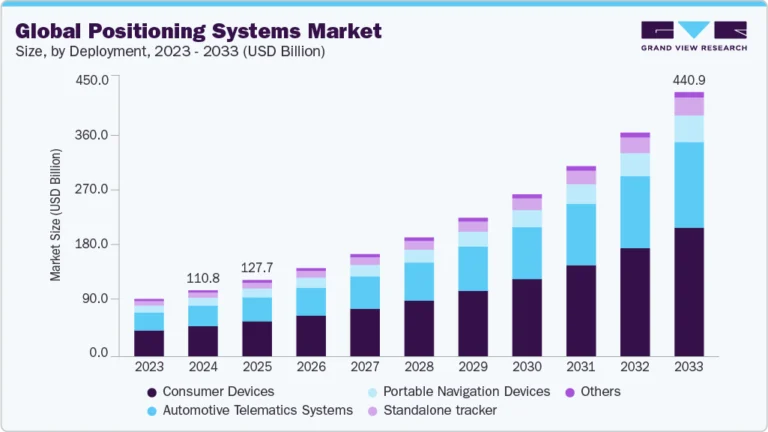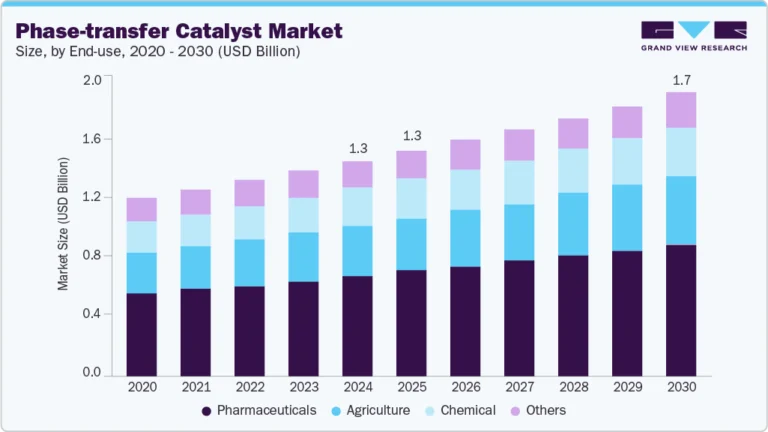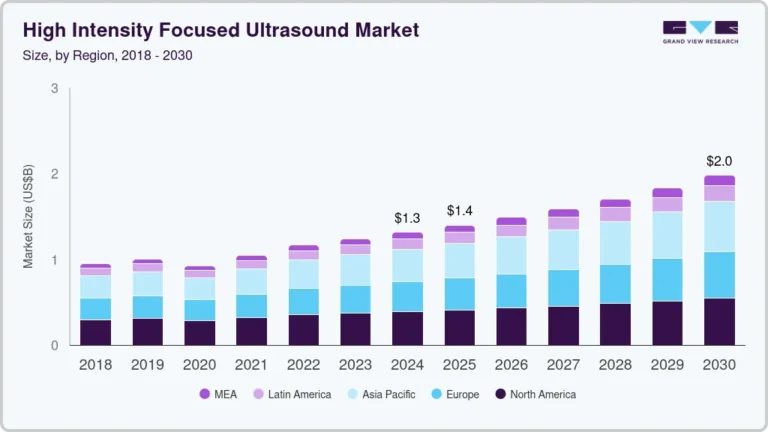Automotive Logistics Market Size, Share & Trends Analysis growing at a CAGR of 8.0% from 2025 to 2030
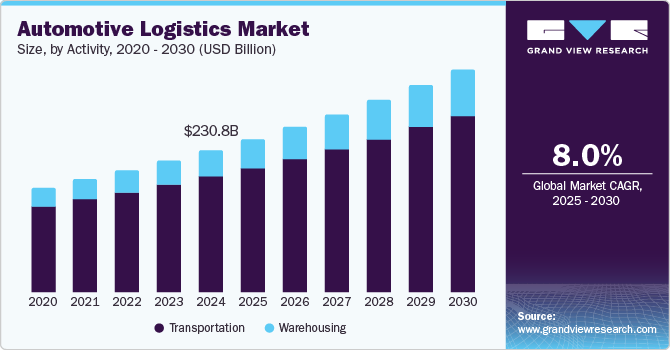
The global automotive logistics market size was estimated at USD 230,783.6 million in 2024 and is projected to reach USD 365,782.2 million by 2030, growing at a CAGR of 8.0% from 2025 to 2030. Growing demand from vehicle manufacturers across various regions, increasing growth experienced by the automotive industry in countries such as India, and a significant increase in demand for electric vehicles worldwide have contributed to this market’s growth.
Key Market Trends & Insights
- In terms of region, Asia Pacific was the largest revenue generating market in 2024.
- Country-wise, the UK is expected to register the highest CAGR from 2025 to 2030.
- In terms of segment, transportation accounted for a revenue of USD 201,195.7 million in 2024.
- Warehousing is the most lucrative activity segment registering the fastest growth during the forecast period.
Market Size & Forecast
- 2024 Market Size: USD 230,783.6 Million
- 2030 Projected Market Size: USD 365,782.2 Million
- CAGR (2025-2030): 8.0%
- Asia Pacific: Largest market in 2024
Request a free sample copy or view report summary: https://www.grandviewresearch.com/industry-analysis/automotive-logistics-market/request/rs1
Vehicle production has increased significantly in multiple countries over the last few years. This includes countries such as China, India, South Korea and others. In 2023, nearly 93 million vehicles were produced worldwide. Diverse consumer requirements mainly drive demand for these vehicles and the variety of automotive products. Once shipped to different regions and countries, the vehicles and numerous automotive parts are stored in warehousing facilities before getting dispatched to multiple distribution centers. These activities rely on key market participants’ automotive logistics services and solutions. This includes warehousing, transportation, distribution, loading, unloading, aftermarket logistics, and others.
Quality of automotive logistics and efficiency strategy execution directly influence customer satisfaction, brand loyalty, brand perception, and brand positioning in the global automotive industry. A well-managed supply chain adds to the customer experience and enhances brand loyalty. Manufacturers emphasize deploying pre-determined automotive logistics strategies while collaborating with major market players with required resources, fleets, warehouses, and infrastructural support.



